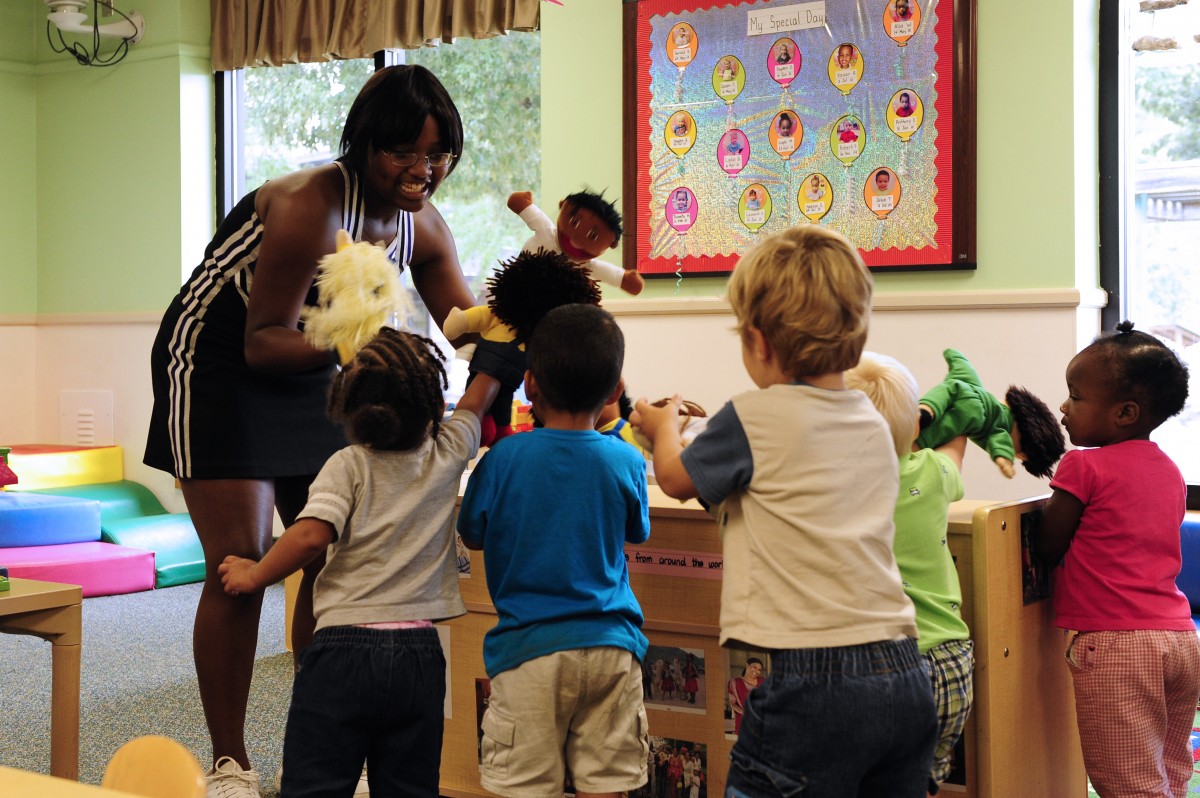Using the full potential of students
Students who are completing a variety of course from level one and two up to those completing degrees will all require at some point during their course to complete some work experience. Work experience gives students the vital hands-on experiences they need to gain knowledge and skills.
Students have a wide array of skills that they can offer and if used effectively and valued while on their placements they can become respected members of the team and loved by children and parents. Too often students are given the worst jobs such as cleaning after meals, sweeping gardens or clearing away after activities, however, this often leads to low morale and students gaining very little experience.
Gaining the right experiences while in the workplace is crucial for students to develop into highly trained, motivated and passionate practitioners when they qualify and look to gain employment. Students although yes are helpful for periods when practitioners are stretched such as during transition times after an activity they are not there to do all the work that the practitioners do not find enjoyable.
What skills do students have to offer?
As students are learning hands-on experience, many of them have completed more than one placement and many have the theory and up to date knowledge, many students have a wide skill set they can offer such as:
- Passion – Many students are fresh to childcare and are incredibly passionate about learning and joining the early year’s workforce. Those who are more experienced are proving their passion by becoming students and studying at a higher level than others.
- Knowledge – Students are studying right now and completing assignments on a regular basis. For this reason, theory should be fresh in their minds and from independent research and college tutors they should be more aware of recent changes and studies. Some of these may be missed by practitioners who are already in the workplace as they have no reason to look for new studies or theories
- Links – Most students are required to spend a certain amount of time in the classroom as well as at a work placement; this means they have links to other students who work in other settings. In the classroom ideas and practice from other settings are often shared during class discussion. This is useful as students can often combine all the best practice they hear in the classroom and bring them into the early years setting they are working in. This is valuable, and the sharing of best practice is a fantastic way in strive to be the best and be outstanding.
- Play – All too often there is not enough for practitioners to simply join in with play, with the workload, often large ratios to handle, preparing activities and meal times. Students, therefore, can be an extra pair of hands and sensitively join in with play and support the children freeing up practitioners to complete observations or to complete various other necessary tasks.
Students although are very useful for completing the mundane tasks, they are much more valuable than they are often given credit for. All students in the early year’s sector should be given the opportunity to witness the best practice possible, be taught well and have the opportunity to be a fully respected member of the team.
